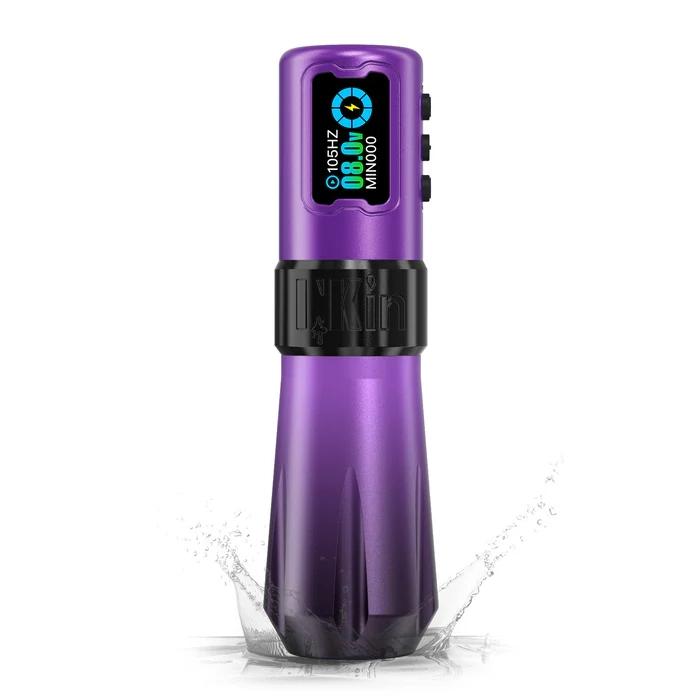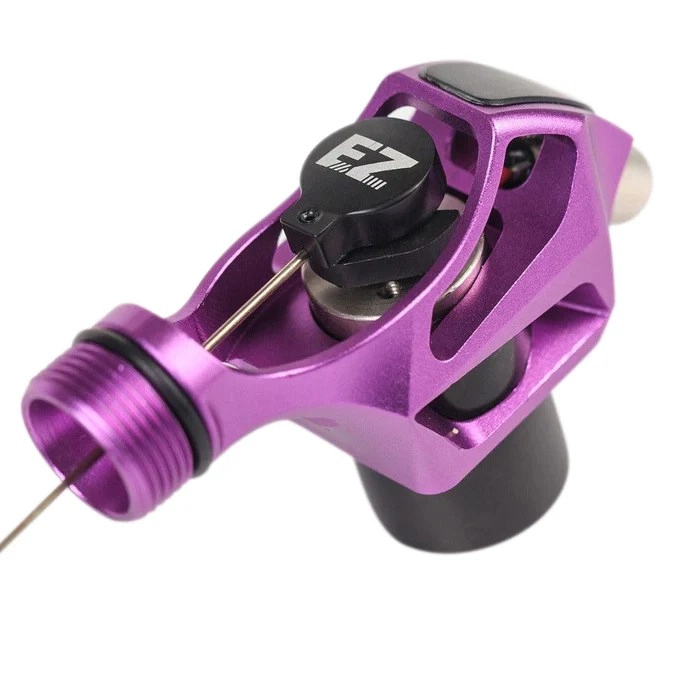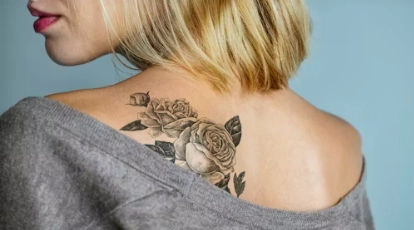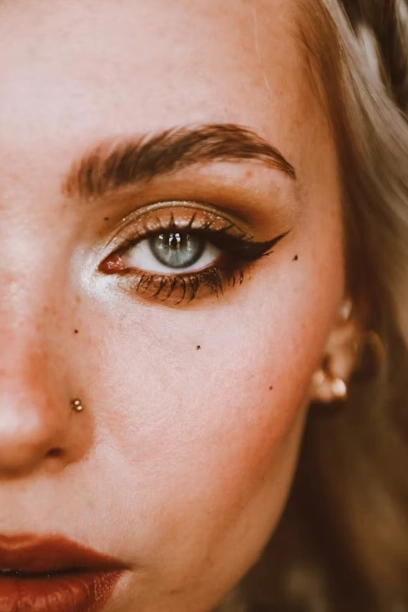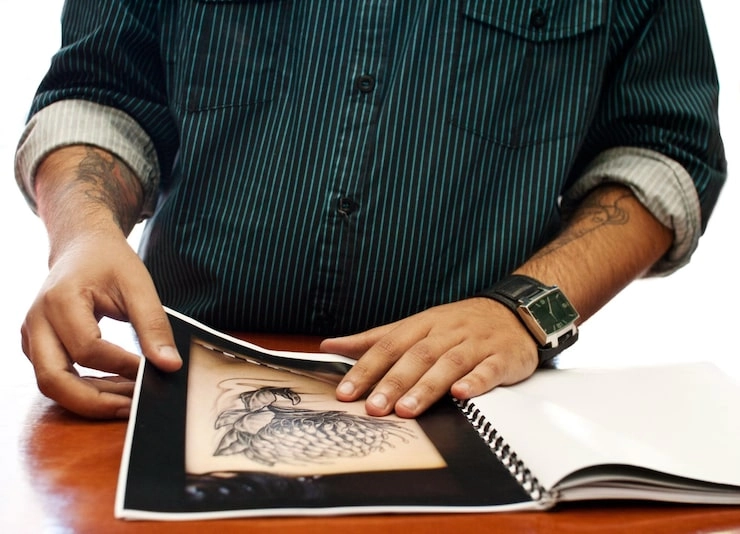
Tattooing is an exact art. It does require creativity, precision, and patience plenty of practice. For prospective tattoo artists, it is essential to have a solid basis on materials practiced already, not on actual skin. This is the only way to ensure quality, safety, and confidence.
The Importance of Foundational Practice
Before you practice on clients, you need to gain fine motor control. It is also necessary to discover the tiny details of a tattoo machine and the way ink flows on a surface similar to skin. Practicing is what allows an artist to perfect line work, shading, and grip in a totally controlled, risk-free setting. In addition, this preparation builds muscle memory. It also prevents big mistakes from occurring, which makes it safer for both the artist and his or her potential customers.
Essential Equipment for Tattoo Beginners
Starting off with the right equipment makes all the difference in the world to how an artist develops. A beginner’s kit should contain solid gear that simulates real-life situations.
Tattoo Machines and Power Supplies
A trustworthy rotary or coil machine with a steady power supply will give you consistent results. Plus, having adjustable voltage settings is critical for learning to control how deep and fast the needle goes.
Needles and Cartridges
Cartridges made just for practice are perfect for beginners. They are available in different setups (liners, shaders) that help artists understand how different needle groups change the thickness of lines and the density of shading.
Ink Substitutes and Accessories
In the early stages, lots of artists use ink substitutes. Sometimes they use specialized tools like ball point cartridges. These tools copy the feel of tattooing without the mess or permanence of real ink.
Exploring Fake Skin for Tattoo Practice
One of the most helpful tools for a beginner is fake skin. This is a material made to copy the feel and feedback of human skin.
What is Fake Skin?
Practice skin gives you a realistic surface to practice different techniques like lining, shading, filling, and color packing. It is most often produced with silicone or rubber materials. Silicone-based versions will be more realistic because of their elastic nature and capability to hold ink. As you select practice skin, look at its texture, thickness, and flexibility. A close-to-skin human texture provides more realistic training. Moreover, the perfect thickness prevents it from tearing but does not feel strange.
Types of Fake Skin for Beginners
- Flat Sheets vs. 3D Limbs: Flat sheets are wonderful for practicing basic linework and flash designs. On the other hand, 3D limbs, like arms or legs, let artists practice tattooing on curves and contours. This is absolutely critical preparation for real-life situations.
- Reusable vs. Disposable Options: Some practice skins can be cleaned and used again, which can save money. However, disposable, single-use skins mean you get a fresh, clean surface for every session.
Examples of Recommended Practice Skins
When you select a practice skin, your choice should match your training goals.
For training on a big area, a large sheet like the Yaba 15x20cm Blank Full Back Practice Skin gives you plenty of room to copy back pieces or lay out several designs.
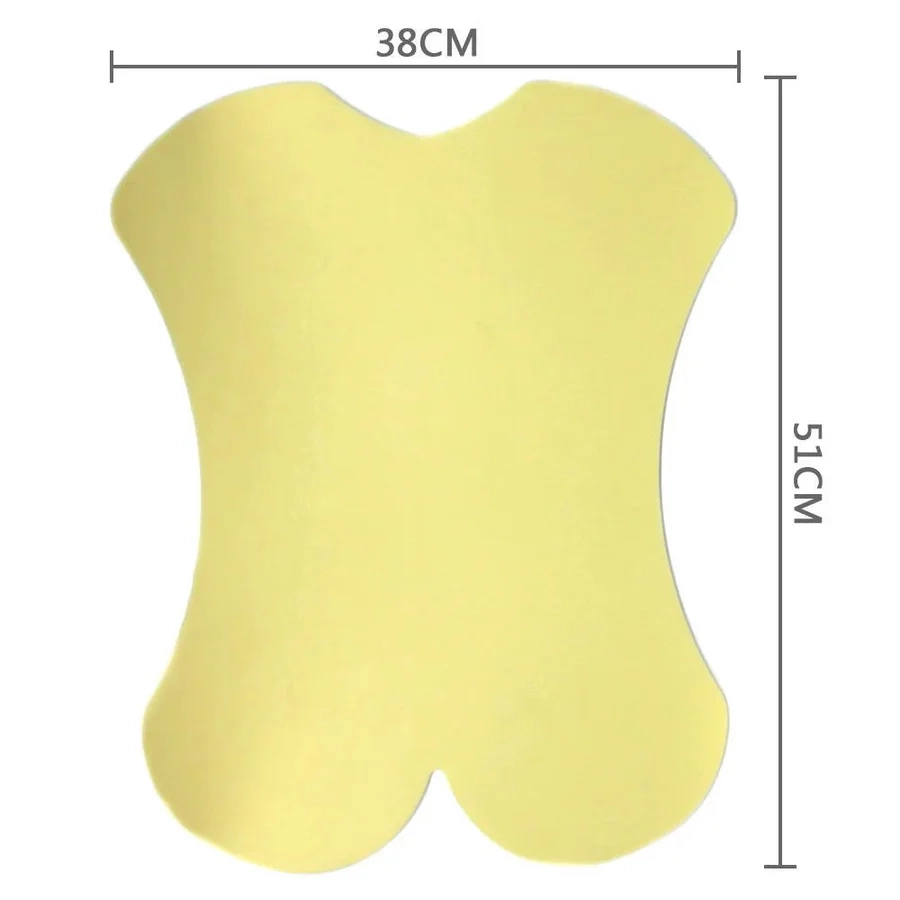
To practice on realistic shapes, a high-simulation model like the Yaba Soft Silicone Arm provides a lifelike copy of a human arm. It’s made from soft, easy-to-ink silicone.
For really fine and detailed work, an ultra-thin sheet such as the Yaba 0.3mm Arm-Hold Silicone Sheet is perfect. Its flexibility lets it be wrapped around curved things while staying in one piece.
Introduction to Ball Point Cartridges in Tattoo Training
Ball point cartridges are a clever tool for beginners. They let you train safely without using any needles or ink.
What is a Ball Point Cartridge?
These tools look like normal needle cartridges but have a ballpoint tip instead of sharp needles. They glide over a surface and leave a clear trail just like a pen. This allows an artist to copy the hand movements and machine vibrations of tattooing without piercing anything. Thus, it helps build steady hands and muscle memory in a safe and clean way.
The main benefits are the lack of ink, which makes practice clean and easy, and the removal of risk while you repeat strokes to perfect your linework and method.
Selecting a Quality Ball Point Cartridge
When picking a training cartridge, search for one with an ergonomic design. Also, be sure it works with your tattoo machine. For example, the Yaba Newest Design Ball Point Cartridge Tool is made for dotwork and linework practice. It’s designed to fit most standard rotary machines and copies the feel of a real cartridge, which makes for safe and effective repetition.
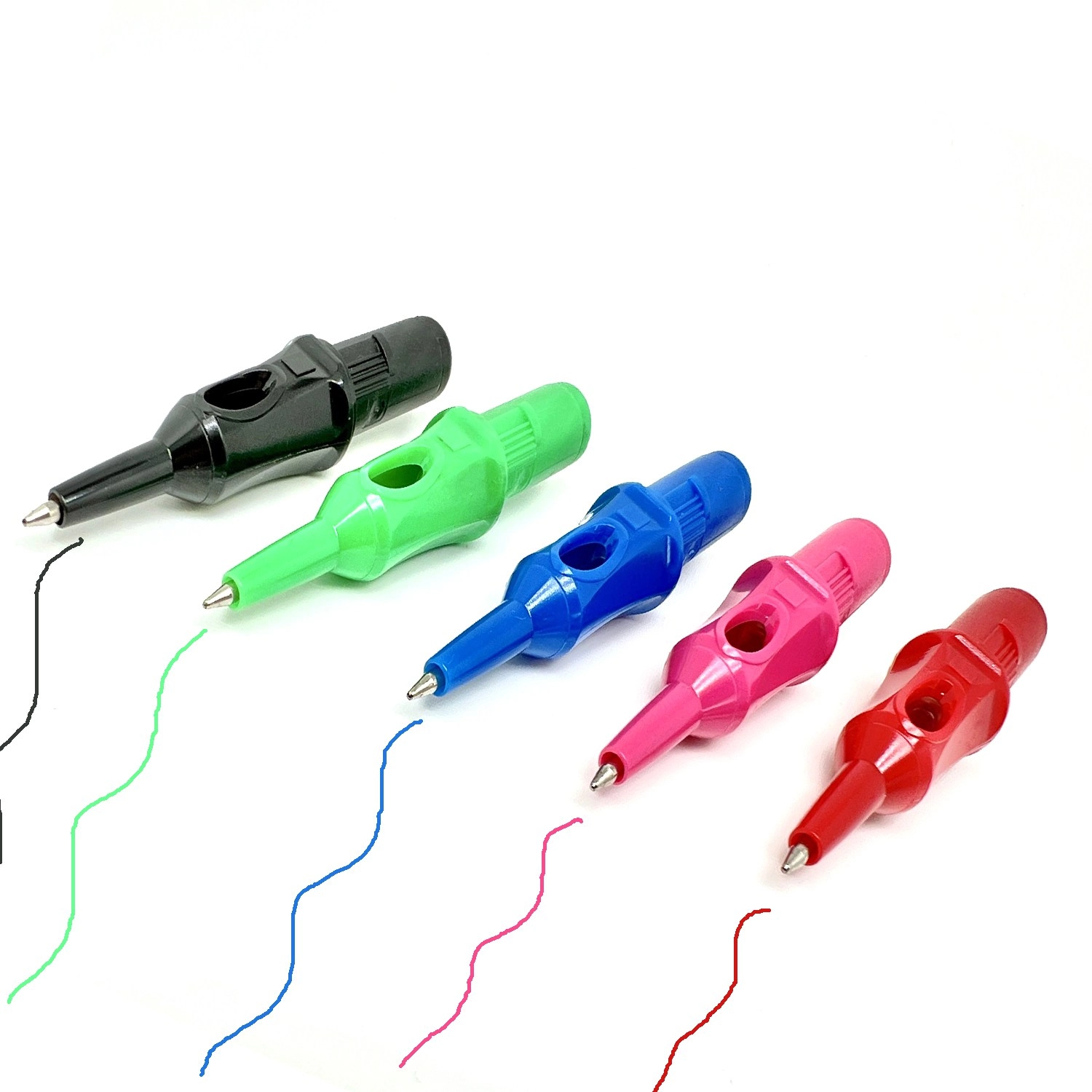
Tips for an Effective Tattoo Practice Routine
Making good habits early on will really speed up your progress.
- Create a Safe, Clean Workspace: Set aside a sanitized and neat area for practice. First of all, following hygiene rules, even when you’re just practicing, builds professionalism.
- Practice with Realistic Scenarios: Use 3D limbs. Or, wrap flat sheets around objects like bottles to copy the body’s natural curves. This helps you build adaptive control for working on various body parts.
- Track Your Progress: Take photos of your results from each session to make a visual record. By comparing your work over time, you can spot areas where you’ve improved and challenges you need to work on.
Summary
Picking the right practice tools is foundational to becoming a talented tattoo artist. Matching your experience level with the correct gear avoids frustration and makes you grow faster. Using durable, realistic materials lets you make every session count toward being ready for clients. Reputable suppliers, such as Yaba Tattoo Supply, serve both beginners and professionals. They do this by offering a wide variety of dependable tools, which helps new artists build a solid foundation for their careers.
FAQs
Q1: What type of fake skin is best suited for beginner tattoo artists?
A: Flat silicone sheets are perfect for starting. They give you a lot of space to improve basic techniques like lining and shading. Once you’re comfortable, moving on to 3D limb models is a good idea to practice on realistic curves.
Q2: Are ball point cartridges compatible with standard rotary machines?
A: Most new ball point cartridges, including the ones from Yaba, are made to be widely compatible with the common rotary machines that professionals use. This makes them a great thing to add to any beginner’s kit.
Q3: How often should I practice if I’m just starting out?
A: Being consistent is more important than how long you practice. Daily practice, even for short, focused amounts of time, is very effective for building the muscle memory needed for steady hand movements.

